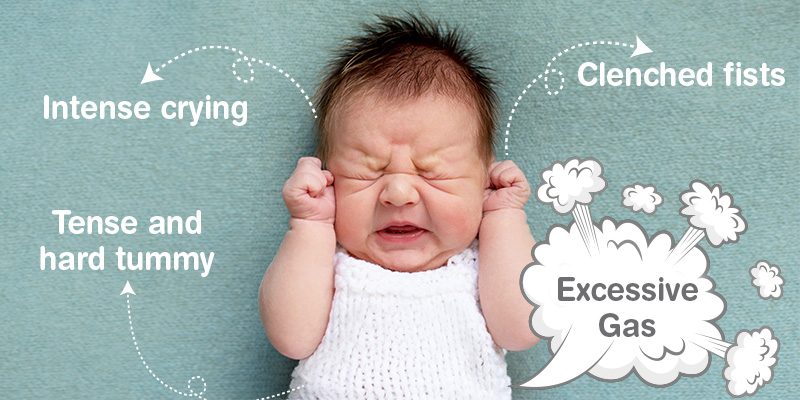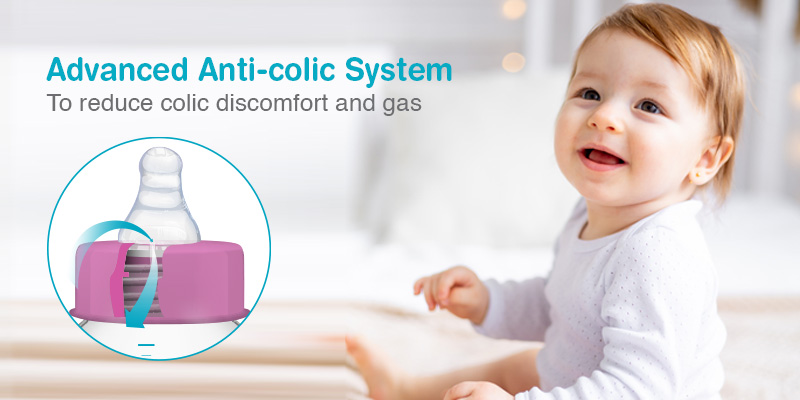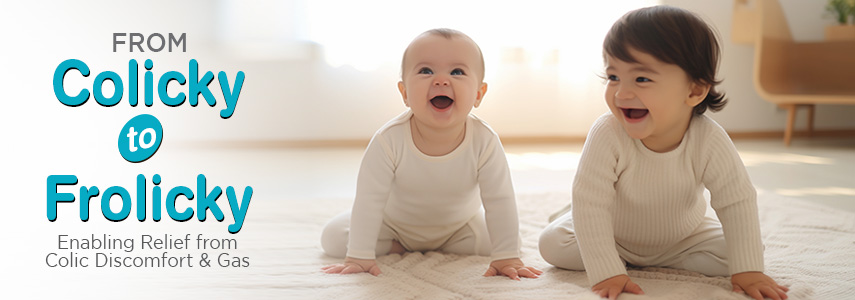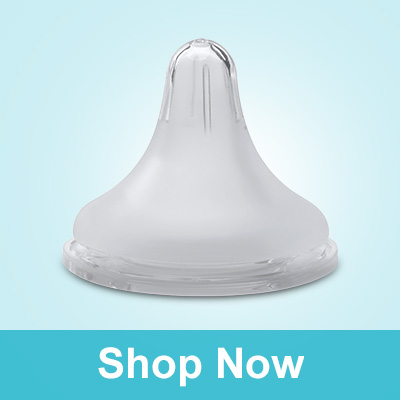We at Vega Baby & Mom feel that as parents the most joyful thing you hear when your baby is born would certainly be their first cry. The cry signifies the start of life, later on in infancy this is how babies communicate with their parents. Babies cry to communicate if something is wrong, it can be about their empty stomach, full-blown diapers, or if they feel tired or need their parents to cuddle and caress them. It all goes well till parents decode their newborn's cries however all hell breaks loose when babies cry for no apparent reason and nothing helps soothe babies.
Well, Colic is to blame. But what is Colic?

Parents can identify a colic if the baby has :
- Intense crying spells mostly after feedings
- Red Face & Clenched fists
- Tense or hard tummy than it usually is.
- Gas or Digestive discomfort
- A reduced appetite
- Trouble Sleeping
As parents when you understand that the crying spells are due to colic rather than anything more concerning, you move a step ahead and try to understand what has caused the colic in the first case and take precautions to prevent it.
Let’s understand What causes colic.
There can be multiple reasons for colic, some of the most common reasons could be
- If your baby has swallowed air during feedings
- If your baby is hungry
- If your baby is overfed
- If your baby is overstimulated
- If your baby has an acid reflux
Here are a few colic relief tips you can try :

Keep your baby in an upright position pat their back and help them burp, it helps bring them relief.
If you are breastfeeding, stay away from potential food that may probably affect your baby. This can prevent food irritants from reaching your baby.
If your baby is fed using a bottle occasionally or the baby is transitioning between breastfeeding and bottle feeding try using bottles that have nipples enabled with anti-colic valves. It can help minimize colic discomfort and gas as fewer air bubbles go to the baby’s stomach during feedings.
Modulate the amount of food you give to your baby, do not overfeed or underfeed your baby, and look for cues and the number of dirty diapers your baby has during the day.
Create a cozy ambiance for your baby, and cuddle and caress your baby, sometimes all your baby needs is to have you around.
When should you consider meeting a pediatrician :
- When the baby has intense crying spells
- When the baby is feeding less than usual
- When the baby is vomiting
- When the baby is having diarrhea
- When the baby is feeling more irritable when held
- There is a change in the breathing pattern
- When the baby has a high fever
The parents’ intuition is always right, take your baby to a health expert when you feel you should. Help by telling all the symptoms and the discomfort the baby is facing. As parents trust the pediatrician to analyze the cause of distress and find a diagnosis that helps bring relief to the baby at the earliest.










